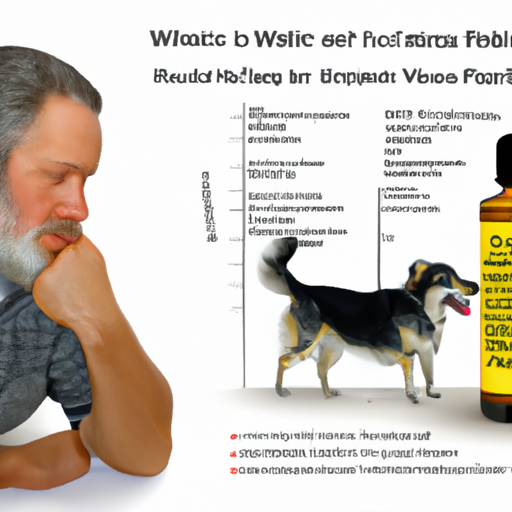As a caregiver, you take great care of your furry friends. You want to provide them with the best nutrition possible, and one question that may come up is, “What oil is good for dogs?” It’s a question worth delving into. Oils can provide essential fatty acids and antioxidants that support your dog’s overall health, skin and coat condition, and even their cognitive function. Let’s dive in and discover more.
Understanding the Importance of Oils for Dogs
Like humans, dogs need certain fatty acids in their diet that their bodies can’t produce. These essential fatty acids (EFAs) come in two varieties: Omega-3 and Omega-6. These oils help to maintain your dog’s skin and coat, support their immune system, and contribute to their overall well-being.
Here is a table that outlines the benefits of EFAs:
| Fatty Acid | Benefits for Dogs |
|---|---|
| Omega-3 | Supports brain function, reduces inflammation, improves coat health |
| Omega-6 | Promotes skin health, supports immune system, aids in cell growth |
The Best Oils for Dogs
-
Fish Oil: Rich in EPA and DHA, two types of Omega-3 fatty acids, fish oil is great for dogs. It can help reduce inflammation and support cognitive development in puppies.
-
Flaxseed Oil: This plant-based oil is a good source of Omega-3 fatty acids and is a great option if your dog has a sensitivity to fish oil.
-
Coconut Oil: While not a source of Omega-3 or Omega-6, coconut oil provides medium-chain triglycerides (MCTs) that can aid digestion and improve skin and coat condition.
-
Olive Oil: A staple in Mediterranean diets, olive oil can also be beneficial for dogs. It’s high in monounsaturated fats and can help support your dog’s overall health.
-
Sunflower Oil: This oil is high in Omega-6 fatty acids, which can help maintain your dog’s skin and coat.
How to Incorporate Oils into Your Dog’s Diet
As with any dietary change, it’s important to introduce oils slowly and in moderation. Too much oil can lead to weight gain or diarrhea. Start with a small amount, and gradually increase it as your dog gets used to it.
- For small dogs, start with a quarter teaspoon per day.
- For medium dogs, start with half a teaspoon per day.
- For large dogs, start with one teaspoon per day.
Potential Side Effects of Oils
While oils can be a great addition to your dog’s diet, they’re not without potential side effects. These can include weight gain, diarrhea, and pancreatitis. Always consult with your vet before introducing new supplements to your dog’s diet.
Frequently Asked Questions
Q: Can I give my dog the same fish oil that I take?
A: While it’s not harmful, it’s best to use a fish oil supplement designed for dogs. They contain the right dosage for your pet’s size.
Q: How often should I give my dog oil?
A: This can depend on the size and dietary needs of your dog. It’s best to consult with your vet.
Q: Can I cook with oil for my dog?
A: Yes, you can. However, remember that some oils lose their nutritional benefits when heated, so it might be best to drizzle it over their food.
Q: Are there any oils I should avoid?
A: Avoid oils high in saturated fat, such as palm oil. Also avoid oils that can cause allergic reactions, like soybean oil.
Remember, every dog is unique, and what works for one might not work for another. It’s always best to consult with a veterinarian before making significant changes to your dog’s diet.



